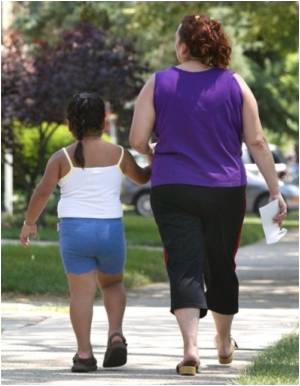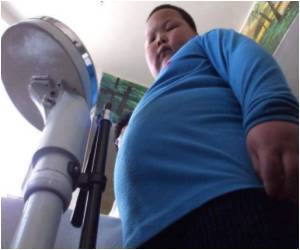Obesity among adolescents has more than tripled over the past 40 years, and recent estimates find that over 18% of teens in the U.

The researchers concluded that, "peer educators hold promise for improving high school students' diets and physical activity." In the HealthCorps model, trained recent college graduates served as peer mentors. The study showed that this model was particularly effective for reducing soda consumption, with a 13% reduction overall among the participants, a 25.7% reduction among girls in particular, and a 35.7% reduction among girls who completed the HealthCorps program. Furthermore, students who completed the program were 45% more likely to report that they were more physically active than in the previous year.
"The results achieved by HealthCorps are important, and encouraging," says David L. Katz, MD, MPH, Editor-in-Chief of Childhood Obesity and Director of Yale University's Prevention Research Center. "They suggest that peer mentoring can be part of the solution to the serious problem of teen obesity and related ill-health by modifying behaviors. Just as importantly, however, they indicate that peer mentoring cannot be the whole solution, and thus we all have lots of work left to do to create environments -- both in school and out -- that foster the well-being of our teenage sons and daughters."
Source-Eurekalert









